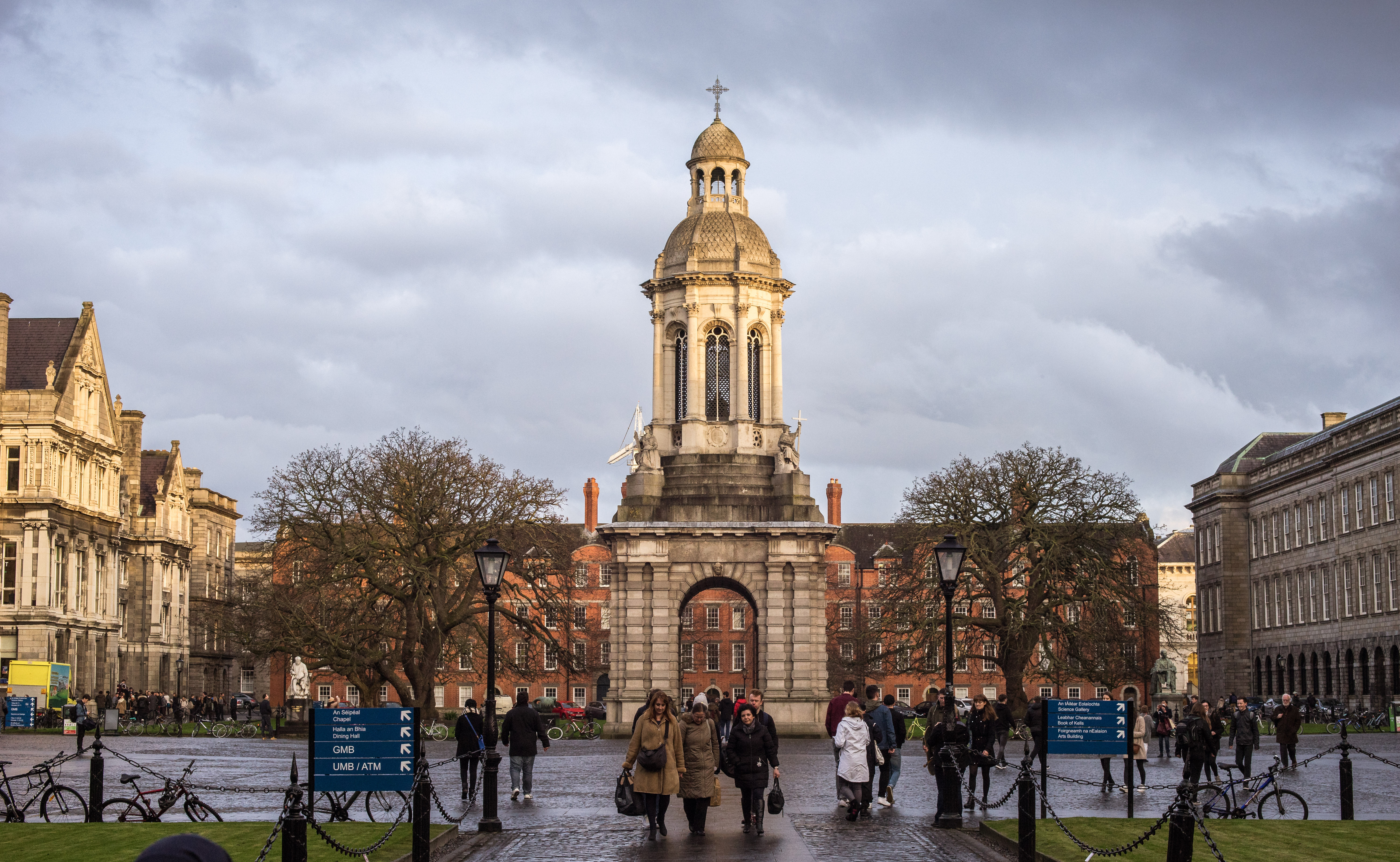
These perceptions have social, economic, cultural and, in the past, religious consequences for past, current and potential students. Many of these negative images are misinformed and misunderstood. In many cases, they are not even thought of.
When asked about Trinity and its students, the reaction of many is to associate it with elitism. When applied as a TAP student, I felt that I couldn’t possibly get my first choice despite good performance throughout school. That somehow, through the anonymous CAO system, that they would be able to sense that I was a culchie – and not even a well-off culchie.
I thought that there was no way I or even someone like me could study here, that NUI Galway was probably much more my scene. This is a common misconception that presents a barrier solely in the minds of students from lower socio-economic backgrounds. This year, however, almost 10% of all Junior Freshmen students came in through the TAP system.
Many still do not apply to attend Trinity because they are intimidated by the institution. This is unacceptable and in my opinion, needs to be tackled as students themselves missing out, but Trinity is also missing out on their input. Of all the effects created by our misguided image, this is one I believe to be most detrimental.
Yet, in the course of researching for this article, I found that there are varying views of Trinity and what it means once you ask people to think about it. Realistically, in our day-to-day lives it has very little effect. Yes, this is a prestigious school, it is challenging and hard to get into, but at the end of the day, we are definitely a lot less elitist than we might like to think.
I spoke, for example, to a friend of mine, who travelled all the way from Long Island NY, and has no idea of Trinity’s supposed infamy. She had heard from her cousins that it was difficult to get in but has never had in her mind the tainted identity of Trinity as a highly prestigious, snobby institution. Is it to our credit that any negative connotations that the prestige of our university has hasn’t spread abroad or does it bring the judgemental nature of Irish society into question?
However, while it may be desirable that our university be thought of as more diverse, inclusive and accessible, does it cause problems that we are no longer being thought of as an impressive, highly academic centre? Or must we separate the social view of Trinity with the academic? Realistically, no one has questioned the quality of any academic research produced. This identity, be it good or bad, is based solely on our stance as people.
Do we need to focus, not on building up the classist, elitist institution of years gone by, but maybe on creating a powerful new image? Do we need now to market ourselves as a powerful, cultural hub of learning? Play to the strengths of our academic reputation? Not a place where you will do well if you can pay the fees, but an accessible university where any bright mind with a love of learning can be fostered. In my opinion never has the timing been so right, with rising levels of economic diversity and a fading stigma, if we want to come right into the forefront, nationally and internationally, it’s time to rebrand our university and develop an identity that fully reflects our student body.






